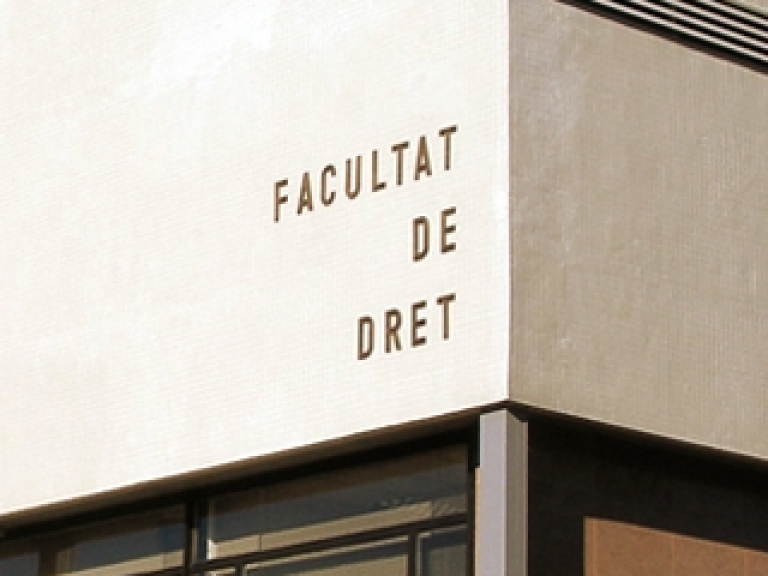C/ Tuset, 20, 4º
08006 Barcelona
SPAIN
Tel. (+34) 93 368 76 68
Fax
info@valls-abogados.es

Big is not beatiful. Size is not synonymous with quality
What do Leo Messi and Apple have in common from a tax law perspective?
10.2016
In recent months, both Leo Messi, player for FC Barcelona, and Apple have been at the centre of media attention for the same reason: the tax authorities have claimed unpaid taxes. In Messi’s case, this claim resulted in a judicial conviction for tax fraud in Spain.
Both Messi and Apple —as well as other multinationals such as Google— have been scrutinised for using intermediary companies located outside the countries where their real business activity takes place. These entities, lacking economic substance, are used to channel profits generated elsewhere with the aim of reducing the tax burden. They exist formally but have no real structure, staff, or material resources. While Messi resides and earns his income in Barcelona, and Apple operates mainly in Europe and the United States, the profits are attributed to companies based in jurisdictions with low or zero taxation.
The issue goes beyond aggressive tax planning. The profits accumulated in these entities are often “locked” in those jurisdictions and not repatriated to the parent companies, thereby avoiding taxation in the countries of residence. Although these funds can be used for international investments, they are not taxed either in Europe or in the United States. Apple’s management has publicly acknowledged its decision not to repatriate these funds, being fully aware that, once brought back, they would be subject to higher taxation.
It should be emphasised that tax administrations do not challenge the principle of business freedom —the so-called “economy of choice”, under which no taxpayer is obliged to pay more tax than legally due—. What they reject, however, are structures without “valid economic reasons”, created solely to obtain an undue fiscal advantage. In such cases, these intermediary entities are deemed to be a legal fiction.
The essential difference between the cases of athletes and companies lies in the management of tax advice. In the sports world, it is common for parents to handle both the professional career and the financial affairs of their children, including tax planning. The athlete is often completely unaware of the structure used to manage their income or of the tax implications of such arrangements. Examples include Steffi Graf in Germany, and Arantxa Sánchez Vicario and Leo Messi in Spain. When faced with tax investigations, the standard response is: “I didn’t know anything; my father has always taken care of everything” —which, in many cases, is indeed true.
This situation poses a complex question for the tax authorities: how can liability be attributed to a person who had no knowledge of how their income was being managed? Both administrative sanctions and criminal convictions require intent or, at least, gross negligence. If the taxpayer was unaware of the wrongdoing, it is difficult to establish that there was any wilful misconduct or recklessness. By contrast, this issue does not arise in the case of companies, where tax responsibility is institutionalised and clearly allocated to specific officers.
One may ask whether this risk of liability has always existed, or whether it is a more recent development. In reality, anti-avoidance rules designed to combat artificial structures were first introduced in the 1960s in the United States, later extended to Europe —in Germany through the Außensteuergesetz, which came into force in 1973— and eventually reached Spain in the 1990s. However, their effective implementation was delayed. The lack of specialised training among judges and prosecutors, the absence of consistent legal doctrine, and limited social demand all hindered enforcement. Only in recent years has Spain begun to apply these rules systematically, although there is still no consolidated body of case law. Consequently, some current cases —including those related to political corruption, a relatively recent offence— may remain unpunished.
A decisive factor in enabling these investigations has been the introduction of effective international exchange of tax information, in force for no more than five years. This mechanism has provided tax authorities and courts with access to data previously unavailable, significantly reducing the evidential barriers that once protected taxpayers and facilitating the imposition of penalties. Notable examples include the case of Alice Schwarzer in Germany —for undeclared assets in Switzerland— and the Pujol-Ferrusola family in Spain.
In conclusion, the use of intermediary companies lacking economic substance is not a new phenomenon. Such practices have existed for decades but were rarely investigated, due to limited administrative capacity, insufficient legal tools, and a lack of cross-border cooperation. The widespread use of these structures since the 1990s, combined with a shift in political and social attitudes, explains the increased scrutiny by tax authorities and courts. Companies, athletes, and advisers alike assumed that the regulatory climate would remain unchanged, failing to perceive the shift. As Mario Monti, former EU Commissioner for Taxation, observed as early as 1996: “The climate is changing.”
++ Article originally published in German in the magazine “Economía” (4/2016), issued by the German Chamber of Commerce in Spain ++
